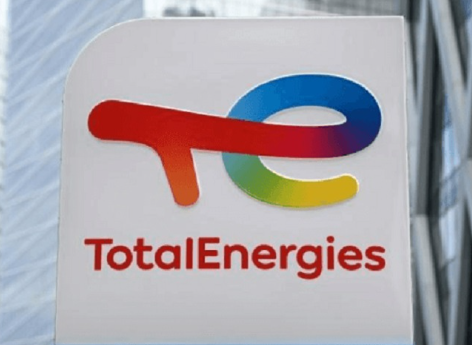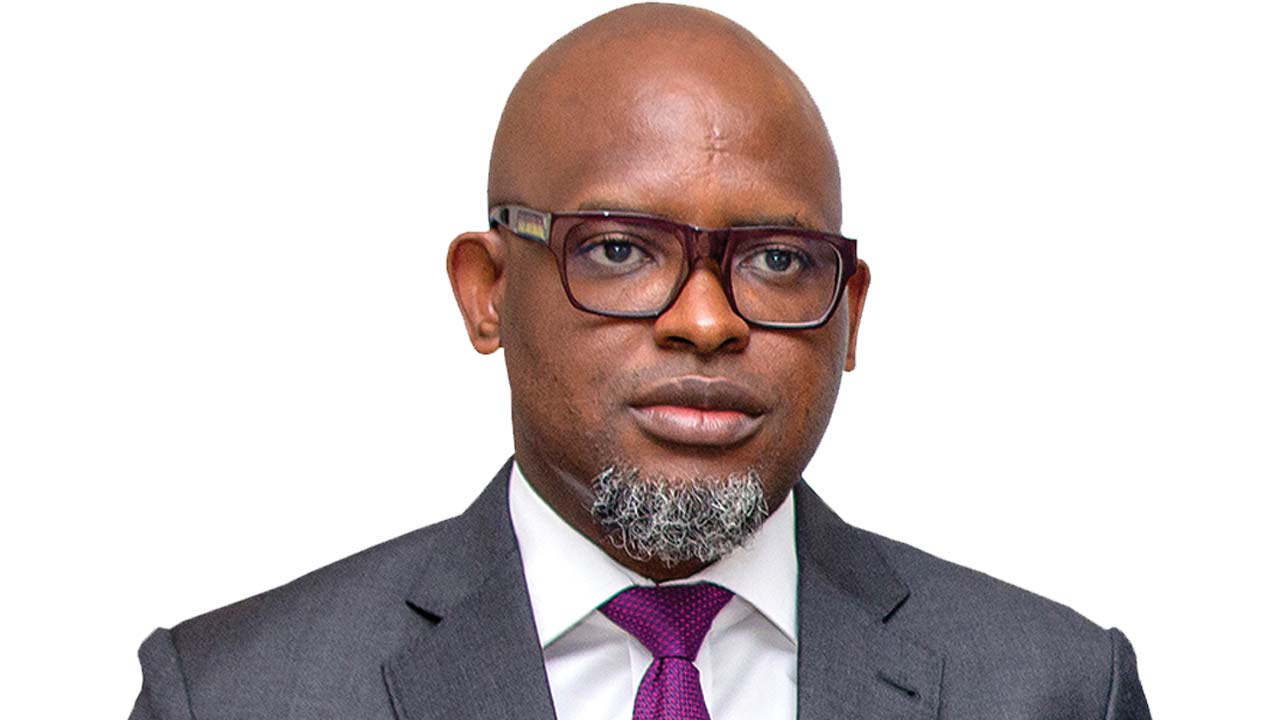Following days of strategic deliberations by both African and international experts on gas at the just concluded 5th Gas Exporting Countries Forum (GECF) Heads of State Summit in Malabo, Equatorial Guinea, participants have rolled out a continental gas development master plan tagged ‘The Declaration of Malabo’.
Key provisions of the Declaration seen by Business Hilights include increased efforts at ending gas flaring, aligning gas pricing to oil prices because of increasing global shift to gas utilization and stepping governmental efforts at improving gas infrastructure in Africa.
However, in his Keynote address at the just concluded two-day summit on gas by Nigerian LPGA, the Technical Adviser (TA) to the Minister of State, Petroleum Resources, who doubles as the Program Manager, Nigeria Gas Flare Commercialization Programme (NGFCP), Mr. Justice Derefaka, said “The Federal Government is activating every necessary process and policy that will drive the National Gas Policy to fruition in partnership with the private sector investors.”
He added that every effort now is to work towards meeting domestic and industrial demands for gas via a synergy with the private sector.
Business Hilights recalls that the Declaration of Malabo was published as the outcome of the Gas Exporting Countries Forum (GECF) 5th Heads of State Summit on Friday; The declaration was presented by H.E. Gabriel Mbaga Obiang Lima, Minister of Mines and Hydrocarbons of Equatorial Guinea, and H.E. Yury Senturyin, Secretary General of the GECF; The Declaration outlines the way in which GECF member countries can cooperate to secure a long-term and sustainable energy transition.
The official Declaration of Malabo was submitted on last Friday as the result of the Gas Exporting Countries Forum (GECF) 5th Heads of State Summit held in Malabo (November 26-29).
Drafted during a week of Ministerial and High-Level Ad Hoc Working Group meetings, the document reaffirms the importance of retaining sovereign rights of member countries over natural gas resources; securing an energy transition and meeting sustainable development goals; attracting investment to gas infrastructure projects; fostering coordination among GECF member countries; and establishing pricing mechanisms, among other key objectives.
Yury Sentyurin, Secretary General of the GECF, said “One of the positions of the GECF is to specifically designate the terms and conditions of the contracts between producers and consumers. Our community insists that pricing connected to oil indexation should serve in favor of our member countries.”
Continuing, he added that “Producers need to have a reliable flow of revenue to be able to ensure investment. With the connection between pricing and indexation, we try to ensure comfortable conditions for producers to ensure that their projects are implemented.”
The 5th Heads of State Summit represents the first time that the event was held on the African continent, reflecting increased efforts to attract African gas-producing countries to the organization.
“Mozambique and Tanzania have had huge gas discoveries…So many African countries have their own resources and they need to learn to manage them by themselves,” said H.E. Gabriel Mbaga Obiang Lima, Minister of Mines and Hydrocarbons for Equatorial Guinea. “The objective of this summit is to attract more African countries. This increases our numbers. The future is gas.”
The Declaration of Malabo builds on the existing frameworks for cooperation outlined by the declarations of GECF Summits held in Doha, Qatar (2011), Moscow, Russia (2013), Tehran, Iran (2015) and Santa Cruz de la Sierra, Bolivia (2017).








